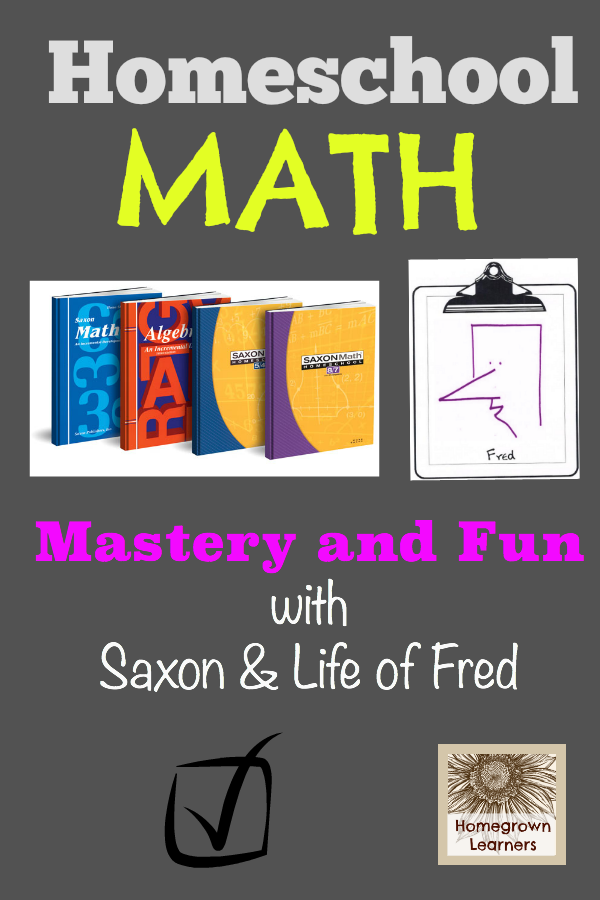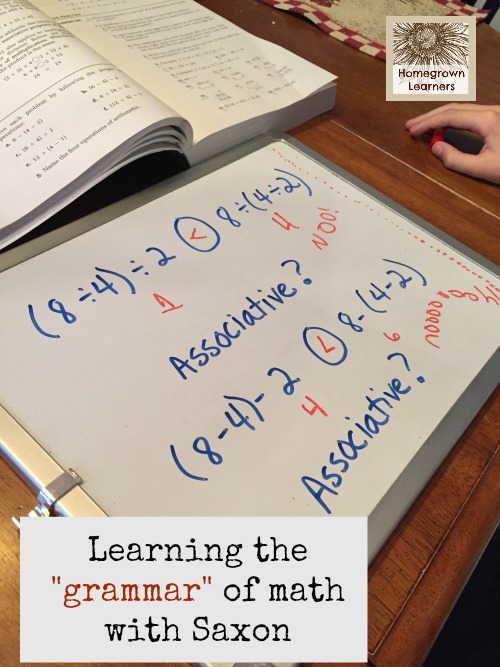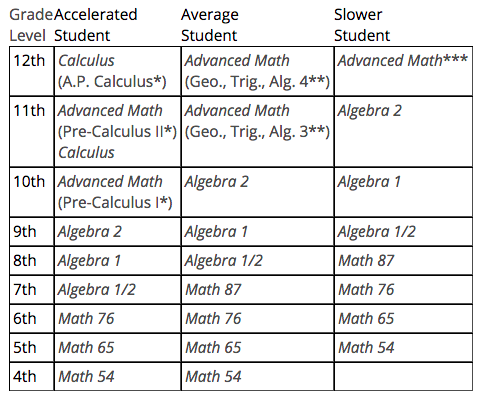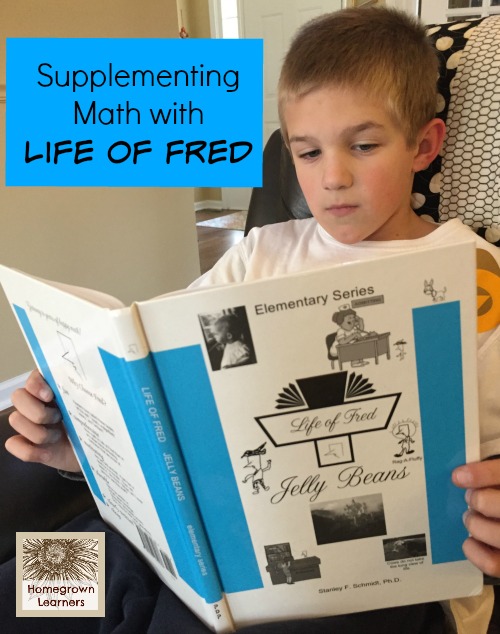Homeschool Math: Mastery & Fun
 Tuesday, February 24, 2015 at 5:00AM
Tuesday, February 24, 2015 at 5:00AM

Homeschool math seems to cause many parents and children a lot of frustration and headache.
We've been in an extremely good math groove in our homeschool for the past three years, and I am always wanting to shout from the rooftops why we LIKE math and that my children are confident mathematicians.
Do they both LOVE math?
No. My kids are probably just like yours.
One of my children is a math kid and the other is NOT. But the non-math kid doesn't struggle and realizes the importance of a good math education.
I'll take that.
And just so you know - math is NOT my strong suit. In fact, I am loving receiving an excellent math education through teaching my children.
That IS possible, you know. I learn with them and it is a beautiful thing.
*Currently I have a child in Saxon 6/5 and another child is Saxon Algebra 1/2. I have not been compensated by Saxon to write this post. We just use this curriculum and love it. This post contains affiliate links.
Why We Use Saxon Math for Mastery
I've written before about why we use Saxon, and also posted a video about my understanding of the Saxon Math Homeschool program. I also have a detailed explanation of how we complete a Saxon math lesson.
(If you're not familiar with Saxon, looking at those resources might be helpful before you go any further.)
Now that I've seen Saxon Math from Kindergarten to Algebra 1/2, I unabashedly recommend this curriculum for anyone wanting to develop SOLID math skills in their child.
- Saxon emphasizes the GRAMMAR of math. Children come away knowing and understanding the fundamental language of math and can use math terms appropriately.
- Saxon promotes an automatic recall of math facts through drill and repetition.
- The CONSISTENCY from Kindergarten through High School impresses me. My kids won't ever be confused because we've been switching math programs each year - they are speaking the same math "language" at every age.
- Saxon (while sometimes seemingly no-frills and "boring") demands endurance and perseverance, two qualities which we greatly value in our homeschool.

(We normally do the lesson practice problems together on a small white board)
Saxon Math in the Elementary Grades
I've watched my son use Saxon from Kindergarten until now (Saxon 6/5).
Math is a non-negotiable time for him that is the same routine each day.
He is learning the grammar of math, math facts, problem solving, and discipline.
Watch how we conduct a lesson from Saxon 5/4:
Saxon Math in the Upper Grades
As my oldest is entering high school, I have witnessed her math skills SOAR.
She completes one lesson each day, normally spending around one hour on math. I grade the lesson immediately and she corrects any problems missed.
Immediate feedback and correction is invaluable!
Most often she is able to read the lesson and teach the material to herself, but on the occasion where she (and/or MOM) need some help, we have the Saxon Teacher DVDs at the ready. I love that these include an explanation of the lesson, and an explanation of each and every practice and test problem!
She is equipped for weekly math discussions in her Challenge classroom and in the coming years will be helping teach math seminars along with her peers. Saxon prepares our children to have dialectic discussions about math!
Most of all, I appreciate that Saxon has required her to have discipline and yes, some struggle.
She has learned that good things come with WORK and STRUGGLE - and while math isn't her favorite subject, she certainly doesn't detest math.
This Saxon placement guide (courtesy Sonlight) is very helpful:

Supplementing Homeschool Math With Life of Fred
My youngest really has a math brain, so I search for fun supplemental math resources for him.
I've heard so much about Life of Fred, and just got around to trying it this year. I wouldn't say Life of Fred could REPLACE our Saxon Math, but it sure is a nice addition.
We're working our way through Jelly Beans right now; it's such a hit.
The storybook style and the humor involved really appeal to my little guy -- and it doesn't feel like "math time" at all!

After each short (only 3-4 pages) chapter, there are some fun problems to try. They don't even feel like WORK. My son was begging to read more chapters and was enjoying the problems that follow each chapter.
Fred's antics keep us laughing, and it's so much more than math! Life of Fred also includes great vocabulary and grammar thrown in, too.
We are looking forward to more books in this series.
You can learn all about Life of Fred placement (it goes all the way through HIGH SCHOOL!) and see where your child can start.
*A simple buying tip: I find the Life of Fred books through used booksellers on Amazon... we have received 2 books for a discounted price in EXCELLENT condition!
What about YOU?
What math program do you use in your homeschool? Are you a Saxon and/or Life of Fred fan?
I am always interested to hear other parents' stories about why a particular curriculum worked or didn't work!

















Reader Comments